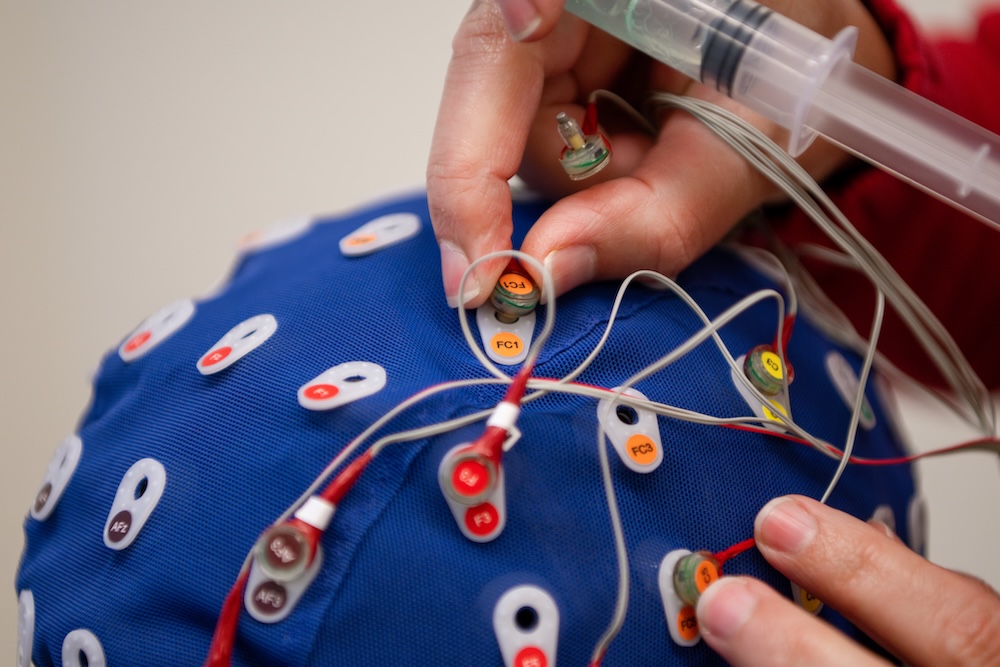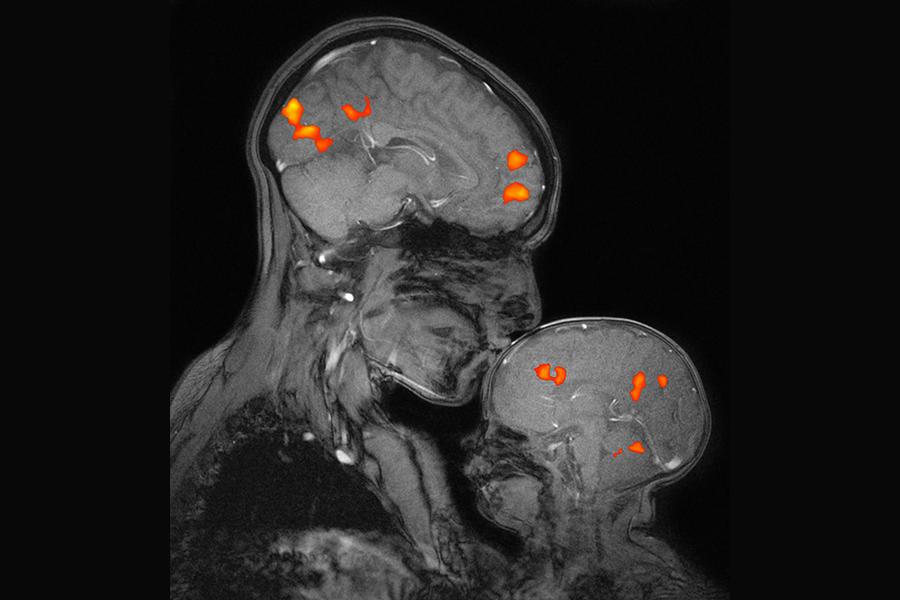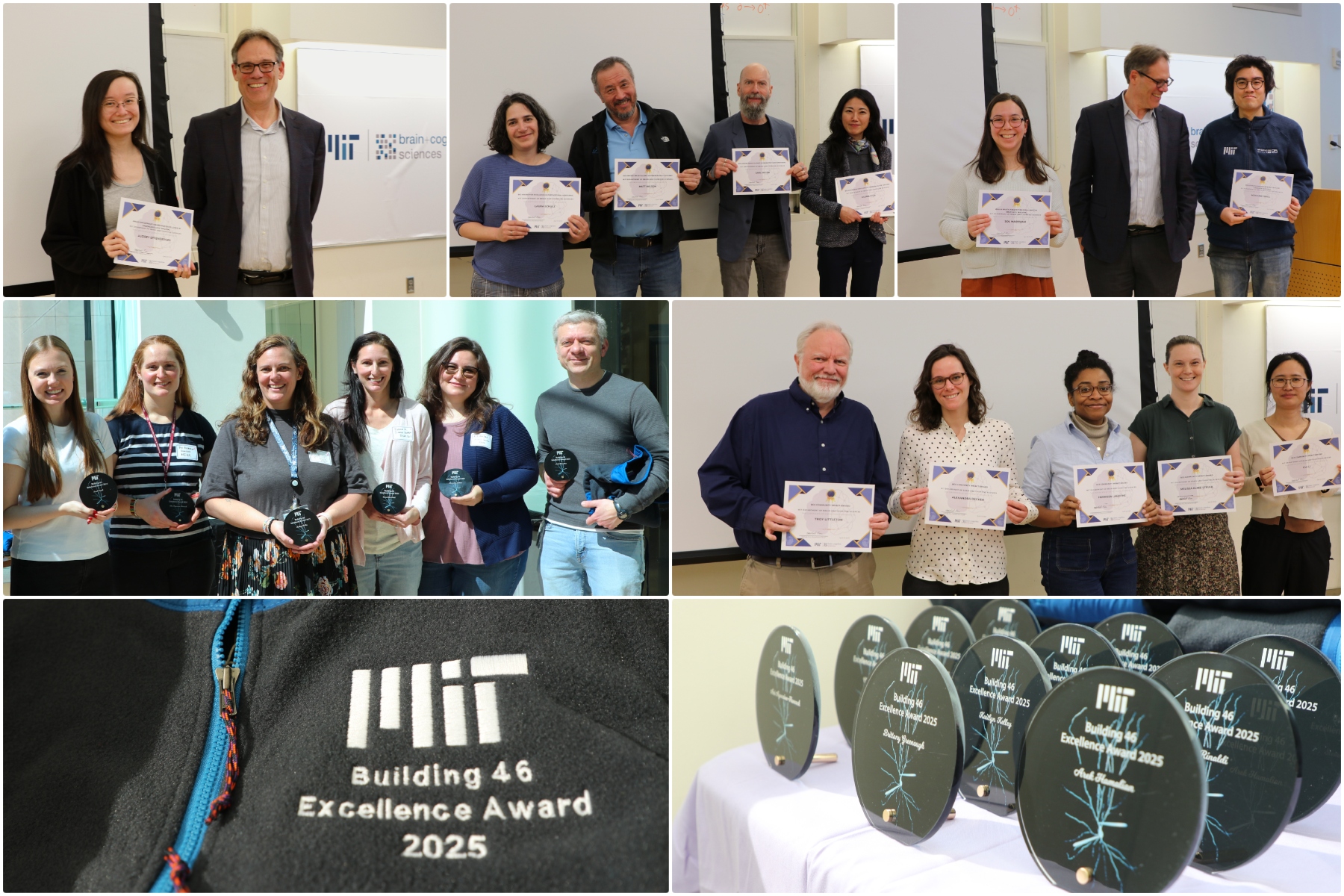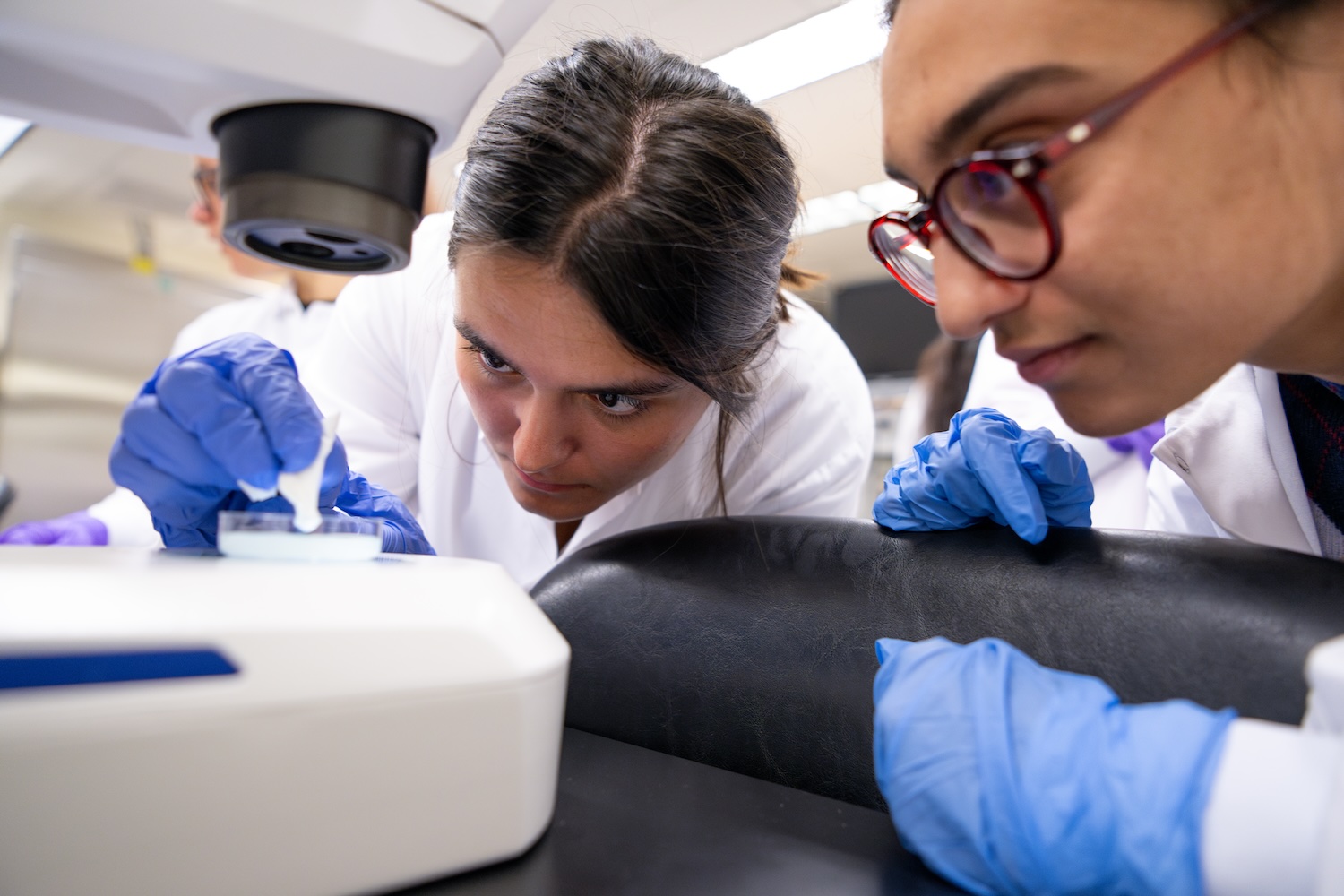Featured News

Anesthesiologists can significantly reduce the amount of medication administered to young children to safely induce and sustain an anesthetized state by monitoring electrical activity in the brain while they are unconscious, according to new research.
By using electroencephalogram (EEG) readings to adjust the dosage of anesthetics, researchers at MIT’s Picower Institute for Learning and Memory found that children aged 1 to 6 experienced significant improvements in several post-operative outcomes, including quicker recovery and reduced incidence of delirium.
Featured News

In 2000, Patrick J. McGovern ’59 and Lore Harp McGovern made an extraordinary gift to establish the McGovern Institute for Brain Research at MIT, driven by their deep curiosity about the human mind and their belief in the power of science to change lives. Their $350 million pledge began with a simple yet audacious vision: to understand the human brain in all its complexity, and to leverage that understanding for the betterment of humanity.
Twenty-five years later, the McGovern Institute stands as a testament to the power of interdisciplinary collaboration, continuing to shape our understanding of the brain and improve the quality of life for people worldwide.
Featured News

The Department of Brain and Cognitive Sciences celebrated faculty, staff, teaching, mentorship, and academic excellence in several recent ceremonies.


